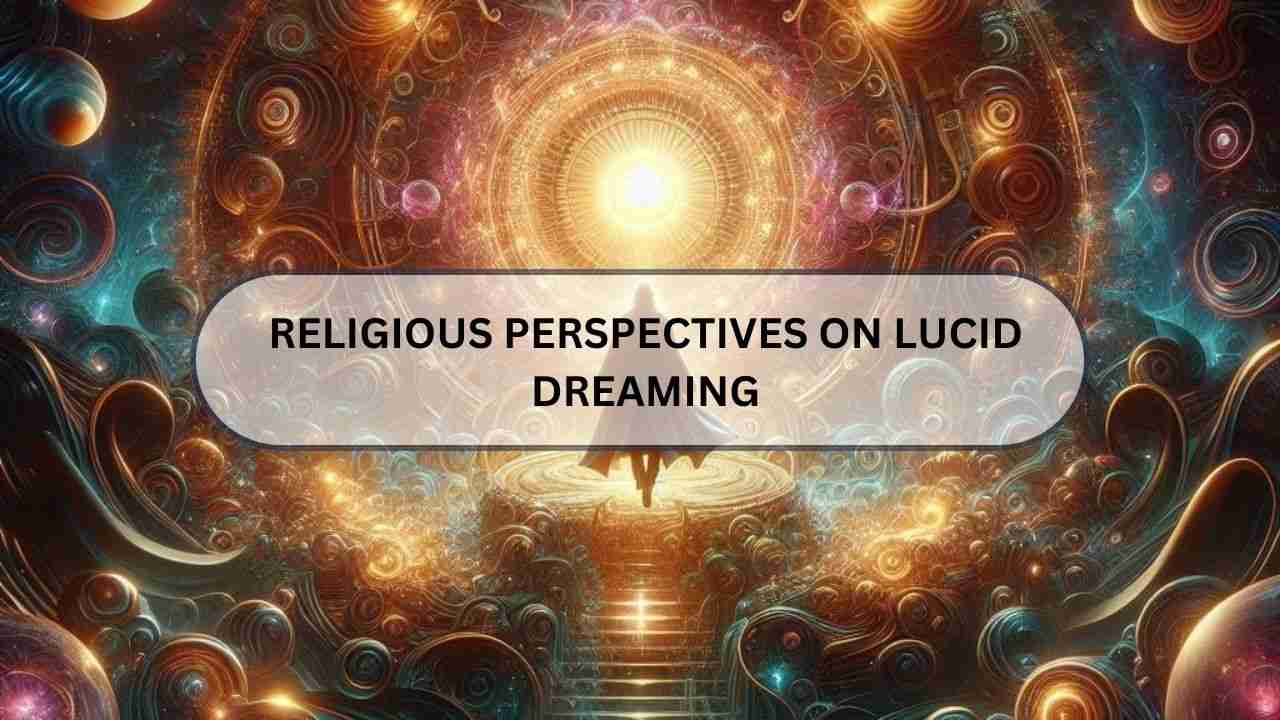Lucid dreaming is a phenomenon where individuals are aware that they are dreaming and can sometimes exert control over the content of their dreams. It’s a fascinating aspect of human consciousness that has intrigued people for centuries.
Understanding the Concept of Sin
Sin is a concept deeply rooted in various religious and moral traditions. It refers to actions that are considered morally wrong or offensive to a divine being or religious community.
Religious Perspectives on Lucid Dreaming
Christianity
In Christianity, the perspective on lucid dreaming varies among denominations. Some Christians view lucid dreaming as morally neutral, while others may perceive it as potentially problematic if it involves engaging in sinful behavior within the dream world.
Islam
Islamic scholars have different opinions on lucid dreaming. Some consider it permissible as long as it does not lead to sinful thoughts or actions, while others caution against it, citing concerns about potential negative spiritual influences.
Buddhism
Buddhism generally views dreams as part of the subconscious mind and may not specifically address lucid dreaming. However, Buddhist teachings emphasize the importance of mindfulness and ethical conduct in all aspects of life, including dreaming.
Ethical Considerations
Ethical considerations surrounding lucid dreaming include issues such as consent (in the case of interacting with dream characters), personal integrity, and the potential impact on one’s mental and emotional well-being.
Psychological and Scientific Views
From a psychological and scientific standpoint, lucid dreaming is often regarded as a natural phenomenon that occurs during certain stages of sleep. Researchers study it to understand the mechanisms behind consciousness and the brain’s ability to create vivid dream experiences.
Benefits of Lucid Dreaming
Proponents of lucid dreaming argue that it offers various benefits, such as enhancing creativity, problem-solving skills, and emotional healing. Some individuals use lucid dreaming as a tool for self-exploration and personal growth.
Potential Risks Associated with Lucid Dreaming
Despite its potential benefits, lucid dreaming may also pose risks, including sleep disturbances, confusion between dream and reality, and the possibility of experiencing distressing or frightening dreams.
Personal Beliefs and Values

Individuals’ beliefs and values play a significant role in how they perceive lucid dreaming. Some may embrace it as a valuable tool for spiritual exploration, while others may approach it with caution or skepticism based on their cultural and religious backgrounds.
Cultural Influences
Cultural factors shape perceptions of lucid dreaming, with some cultures incorporating it into spiritual practices or folklore, while others may view it with suspicion or fear.
FAQs (Frequently Asked Questions)
- Is lucid dreaming dangerous?
- Lucid dreaming itself is not inherently dangerous, but like any aspect of sleep and consciousness, it can have potential risks, such as sleep disturbances or confusion.
- Can lucid dreaming lead to spiritual experiences?
- Some individuals report having spiritual or transcendent experiences during lucid dreams, but the interpretation of these experiences varies greatly.
- Are there any religious prohibitions against lucid dreaming?
- Religious perspectives on lucid dreaming vary, with some traditions cautioning against it and others viewing it as morally neutral or potentially beneficial.
- How can I learn to lucid dream?
- There are various techniques and practices for inducing lucid dreams, including keeping a dream journal, reality checking throughout the day, and practicing mindfulness.
- Should I be concerned if I frequently experience lucid dreams?
- Frequent lucid dreaming is not necessarily a cause for concern, but it may be helpful to explore the reasons behind the frequency and any potential impacts on overall well-being.
Also Read: Does Lucid Dreaming Music Work?
Conclusion
In conclusion, the question of whether lucid dreaming is a sin is complex and subjective. While religious teachings and ethical considerations may influence one’s perspective, individuals ultimately need to discern for themselves how they engage with lucid dreaming based on their beliefs, values, and personal experiences.










